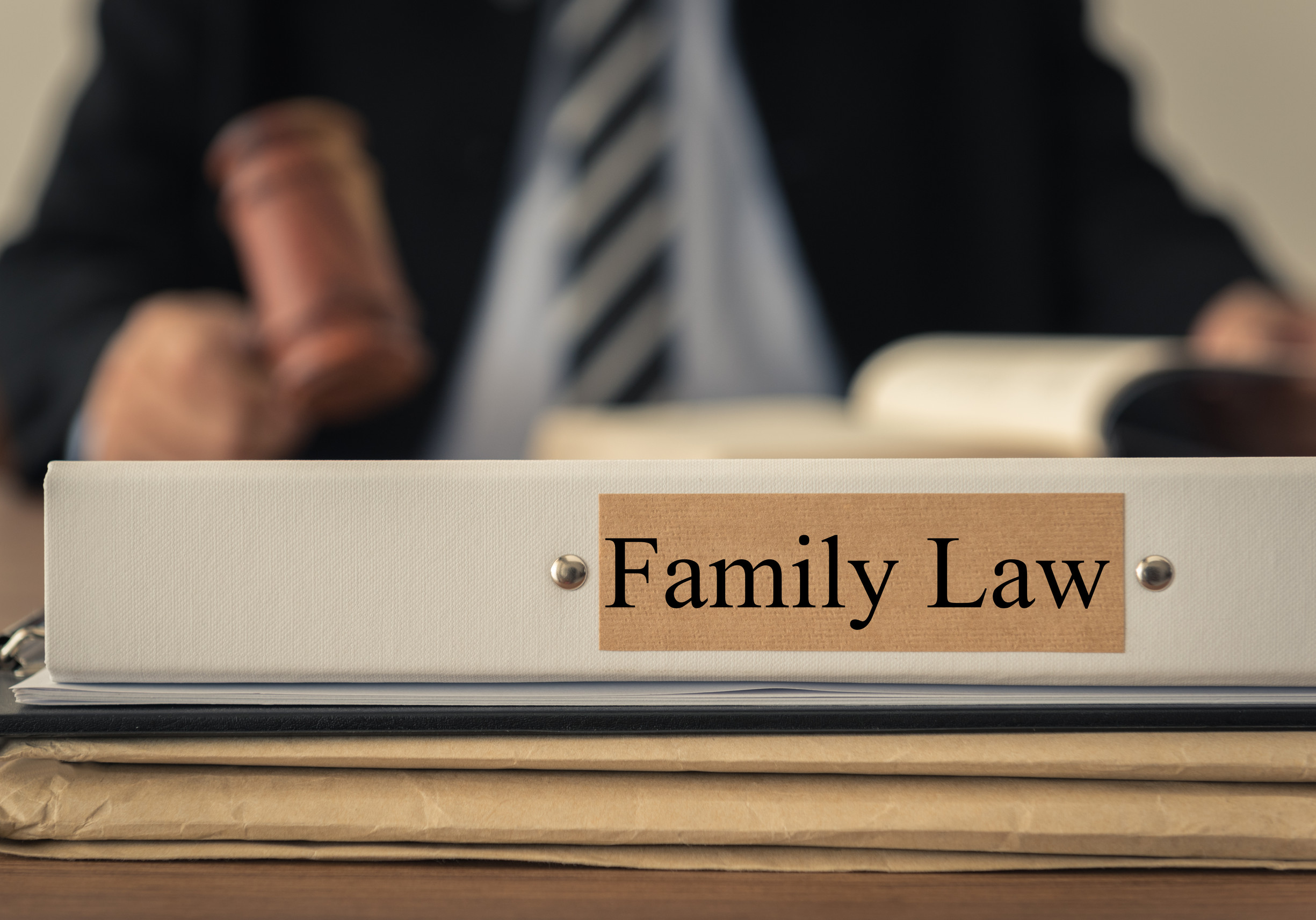
Families love each other—until someone dies and leaves behind an estate plan with more drama than a soap opera. Suddenly, once-happy siblings are locked in battles over wills, trusts, or who gets Grandma’s diamond brooch. The truth is, estate planning mistakes aren’t just about money; they’re about emotions, fairness, and trust. Small oversights or careless decisions can explode into years of courtroom chaos. Here are the habits that turn peaceful inheritances into all-out family feuds.
1. Keeping Everything a Secret
Estate planning done in total secrecy can leave relatives blindsided and suspicious. When family members don’t know what’s coming, they start imagining conspiracies or hidden agendas. That lack of transparency almost guarantees fights when the will is finally read. Communication doesn’t mean revealing every detail, but setting expectations can calm nerves before problems arise. Silence in estate planning is basically gasoline for family drama.
2. Playing Favorites Without Explanation
Leaving one child more than another—or skipping someone altogether—without explanation is a recipe for resentment. Even if the choice makes sense to the parent, it won’t feel that way to the person cut out. Courts often get involved when a sibling thinks favoritism equals manipulation or undue influence. A simple letter explaining the decision could stop years of bitterness. Favoritism without context is like leaving a lit match on a pile of dry leaves.
3. Naming the Wrong Executor
The executor has enormous power, and picking the wrong person can spark instant outrage. Appointing the “favorite child” or the least organized sibling fuels suspicion and infighting. If the executor can’t stay neutral or handle the pressure, disputes erupt over every small decision. Families often accuse executors of mismanaging money or hiding assets, whether true or not. Choosing wisely is the difference between peace and a full-blown courtroom war.
4. Forgetting to Update Documents
Life changes fast, but estate plans often sit unchanged for decades. Old wills might name ex-spouses, deceased relatives, or outdated instructions that no longer make sense. When current life doesn’t match old paperwork, family members head straight to court. Updating documents regularly avoids confusion and resentment. An estate plan frozen in time becomes a time bomb.
5. Making Verbal Promises Instead of Writing Them Down
Promising someone a special heirloom at Thanksgiving doesn’t count if it’s not in writing. When the official documents don’t match the promises, emotions boil over. Relatives argue, memories clash, and suddenly lawyers are involved. Written instructions remove the “but they told me…” disputes that courts hear constantly. A spoken promise is just a lawsuit waiting to happen.
6. Mixing Business and Family Without Clarity
Family businesses are notorious for tearing loved ones apart after an owner passes. Without clear rules for succession or ownership, relatives argue over control and profits. One child may feel entitled because they worked in the business, while others want their financial share. Courts often end up dividing companies in messy ways that destroy them. Leaving a business plan vague is like handing your family a ticking grenade.
7. Hiding Assets from the Estate Plan
Trying to keep certain accounts, properties, or valuables “off the books” almost always backfires. When hidden assets come to light, it raises questions about fraud, favoritism, or dishonesty. Family members may sue just to make sure everything is disclosed and divided fairly. Transparency keeps everyone on the same page and reduces suspicion. Hiding assets invites more courtroom visits than family dinners.

8. Leaving Out a Clear Plan for Personal Belongings
Money isn’t the only thing worth fighting over; personal items can trigger the nastiest disputes. One sibling may want sentimental keepsakes, while another sees dollar signs. Without clear instructions, even the smallest trinket can cause years of hostility. Families often waste huge sums on legal fees fighting over items with little financial value. A written plan for belongings is an easy way to avoid bitter arguments.
Estate Plans Should Build Peace, Not Chaos
Estate planning is supposed to protect loved ones, not pit them against each other. When mistakes or habits like secrecy, favoritism, or poor updates creep in, the result is often heartbreak and lawsuits. Families can avoid these traps by focusing on clarity, fairness, and communication. The strongest plans balance financial decisions with emotional sensitivity.
What’s your take—have you seen estate planning turn into a family battleground, or do you think these habits can be fixed with better planning? Share your thoughts below.
Read More
7 Estate Planning Myths That Are Still Circulating in 2025
6 Myths About Estate Planning Debunked
The post 8 Estate Planning Habits That Can Spark Family Lawsuits appeared first on Everybody Loves Your Money.







